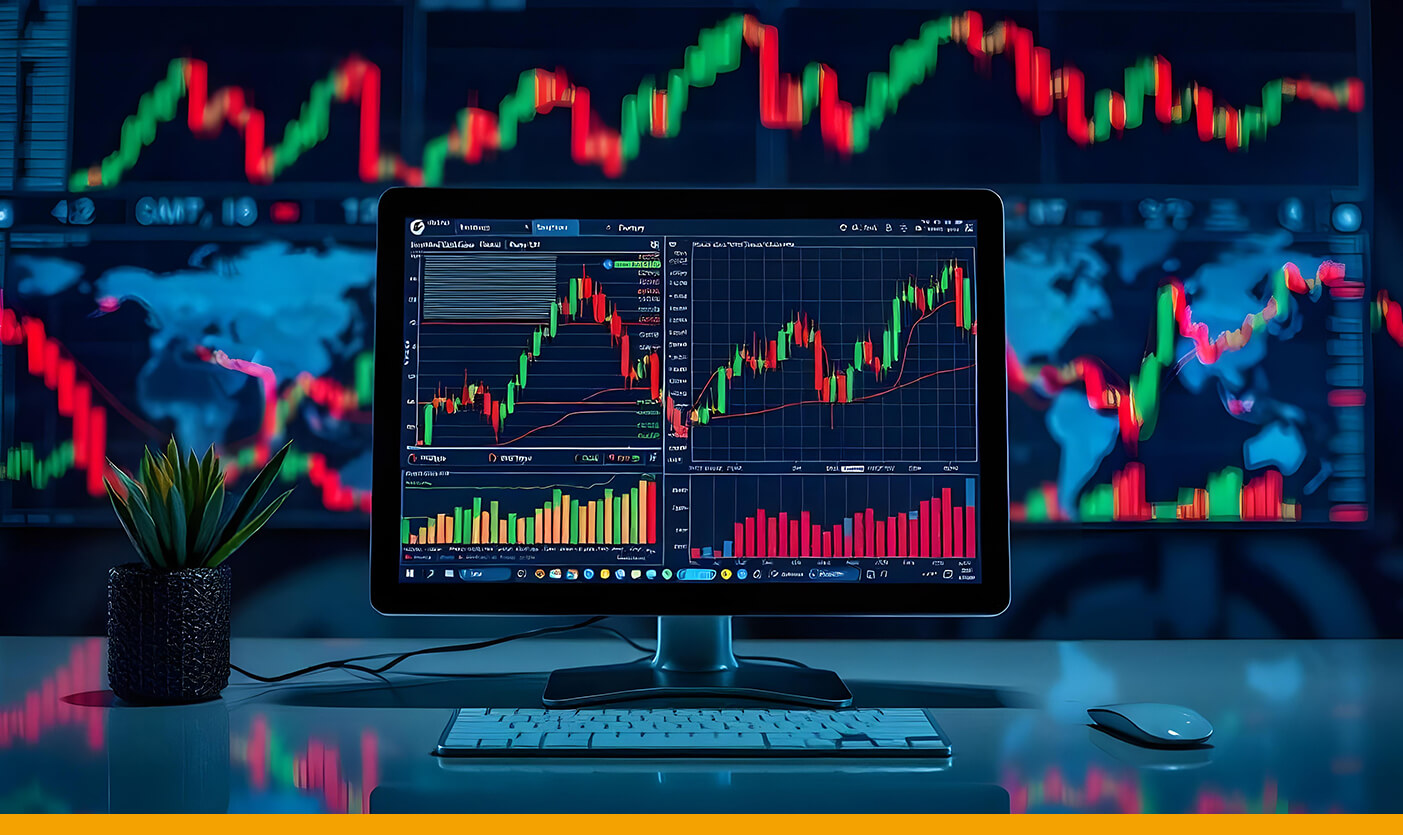
Global Economy Insights for Prop Traders
Understanding the Global Economy: Key Insights for Traders Considering a Prop Challenge
In today’s interconnected world, the global economy plays a pivotal role in shaping financial markets. For traders eyeing a prop trading challenge, understanding the current economic landscape is crucial. This blog post will explore the essential aspects of the global economy right now and how they impact trading, providing valuable insights for those looking to succeed in prop challenges.
- The Impact of Inflation on Global Markets
Inflation has been a hot topic in recent times, with rising prices affecting economies worldwide. Here’s what traders need to know:
- Central Bank Policies: To combat inflation, central banks like the Federal Reserve and the European Central Bank have been tightening monetary policies. Interest rate hikes can lead to market volatility, impacting stock prices and currency values.
- Consumer Spending: High inflation reduces consumer purchasing power, potentially slowing down economic growth. Traders should monitor sectors like consumer goods and retail, which are sensitive to changes in consumer behavior.
- Commodity Prices: Inflation often drives up commodity prices. For example, rising oil prices can affect industries dependent on energy. Traders should consider how commodity fluctuations might impact their trades.
- Geopolitical Tensions and Market Uncertainty
Geopolitical events have a significant influence on global markets, and recent developments have heightened uncertainty:
- Trade Wars and Sanctions: Ongoing trade disputes and sanctions between major economies can disrupt global supply chains, impacting stocks and currencies. Traders need to stay informed about these issues and anticipate their market effects.
- Political Instability: Elections, coups, and government changes can lead to market instability. Emerging markets, in particular, are sensitive to political shifts, so traders should be cautious when trading assets in these regions.
- Global Conflicts: Conflicts in key regions, such as the Middle East or Eastern Europe, can affect global energy prices and investor sentiment. Safe-haven assets like gold or the U.S. dollar may see increased demand during times of conflict.
- Technological Advancements and Market Disruptions
Technology continues to drive significant changes in the global economy, influencing trading dynamics:
- AI and Automation: The rise of artificial intelligence and automation is reshaping industries. Traders should be aware of how these technologies are impacting sectors like manufacturing, finance, and healthcare.
- Cryptocurrencies and Blockchain: The growing acceptance of cryptocurrencies and blockchain technology is creating new trading opportunities. However, the regulatory landscape remains uncertain, so traders must navigate these markets carefully.
- Green Energy Transition: The shift towards renewable energy and sustainability is transforming industries. Traders should consider the long-term prospects of companies involved in green technologies and how they may perform in the future.
- Global Supply Chain Disruptions
The COVID-19 pandemic and other global events have caused significant disruptions in supply chains, with ongoing effects on the economy:
- Logistics Challenges: Shipping delays, port congestion, and labor shortages continue to impact global trade. This can lead to supply shortages, affecting industries from technology to consumer goods.
- Rising Costs: Increased transportation and raw material costs are squeezing profit margins for companies. Traders should analyze how these cost pressures are influencing corporate earnings and stock prices.
- Adaptation and Innovation: Companies are adapting by diversifying their supply chains or investing in technology to mitigate disruptions. Traders should look for firms that are successfully navigating these challenges.
- Shifts in Global Economic Power
The global economic balance is shifting, with emerging markets playing a more significant role:
- Growth in Asia: Countries like China and India continue to drive global economic growth. Traders should explore opportunities in these markets, considering both risks and rewards.
- Debt Levels in Advanced Economies: High debt levels in developed countries may lead to fiscal challenges and potential market corrections. Traders need to monitor debt-related news and its impact on bond markets.
- Currency Fluctuations: As economic power shifts, currency markets can become more volatile. Traders should stay updated on forex trends, particularly those involving emerging market currencies.
- Environmental and Social Factors
Environmental and social issues are becoming increasingly important in the global economy, with implications for traders:
- ESG Investing: Environmental, Social, and Governance (ESG) factors are influencing investment decisions. Traders should consider how ESG trends are affecting stock prices and market sentiment.
- Climate Change: The impact of climate change is leading to regulatory changes and shifting consumer preferences. Industries like energy, agriculture, and insurance are particularly affected.
- Social Movements: Social issues, such as labor rights and equality, are gaining attention. Companies that fail to address these issues may face reputational risks, impacting their stock performance.
The global economy is complex and ever-changing, with numerous factors influencing financial markets. For traders considering a prop trading challenge, staying informed about these dynamics is essential for success. By understanding the impact of inflation, geopolitical tensions, technological advancements, supply chain disruptions, shifts in economic power, and environmental and social factors, traders can better navigate the challenges and opportunities in today’s trading world.
Ready to take on a prop challenge? Equip yourself with the knowledge of the global economy and sharpen your trading strategies for a competitive edge. Stay ahead of market trends and prepare to trade with confidence!
